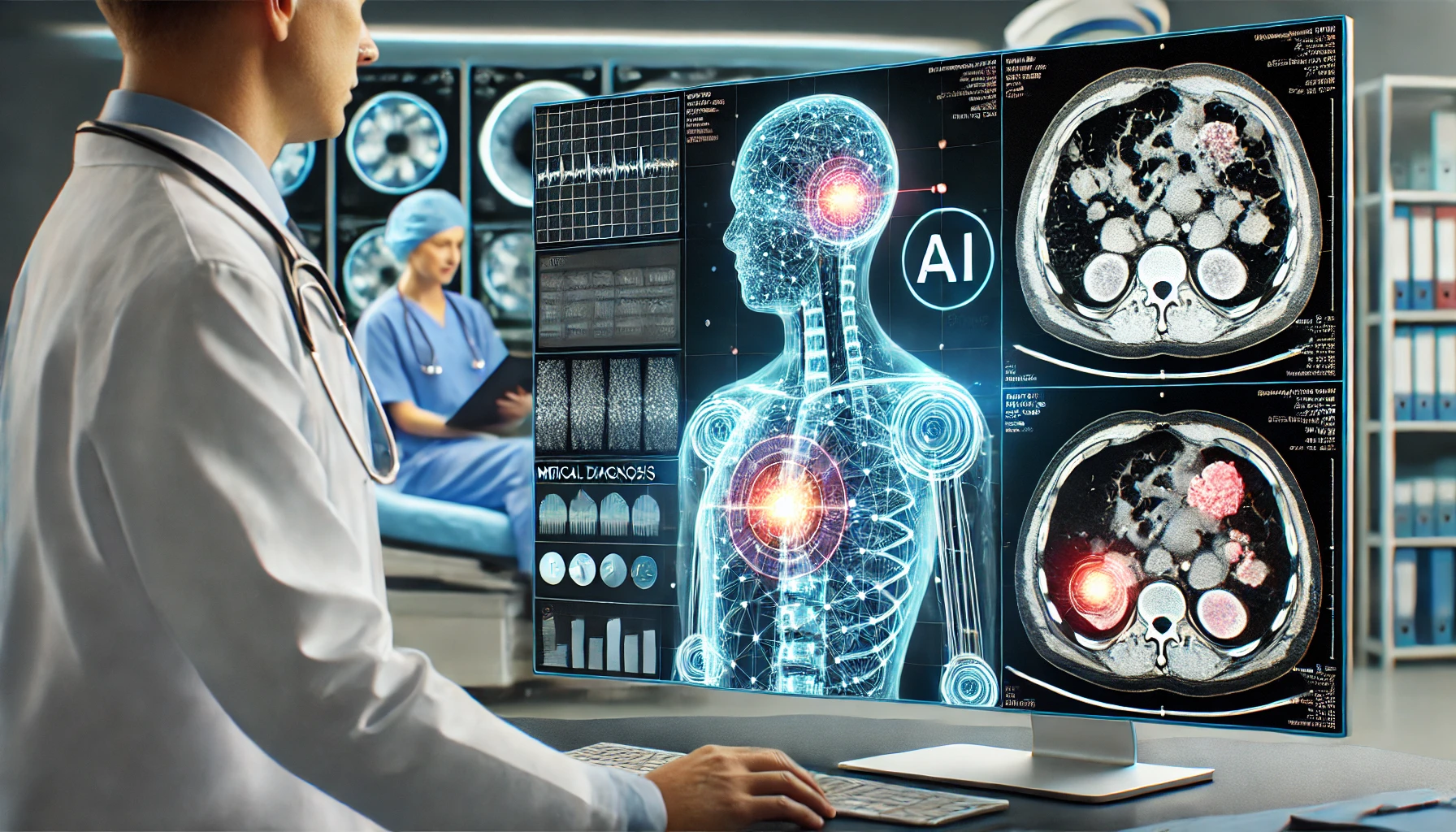Artificial intelligence (AI) is transforming numerous industries, but its impact on healthcare—particularly in cancer detection—has been nothing short of revolutionary. Recent advancements have led to the development of AI-powered systems that can outperform traditional methods in diagnosing cancerous tumors from medical images, according to a report by ScienceDaily. This breakthrough represents a significant leap forward in the fight against cancer, offering faster, more accurate diagnoses that could save countless lives.
How AI Is Changing Tumor Diagnosis
Traditionally, cancer diagnosis has relied on highly trained radiologists and pathologists who analyze medical images such as MRIs, CT scans, and biopsy results. While these professionals are experts in their field, the process can be time-consuming, and human error, though rare, is always a factor. Furthermore, early-stage tumors can sometimes be difficult to detect, leading to delayed diagnoses and treatment.
AI-powered tumor diagnosis systems are changing this by using machine learning algorithms to analyze vast amounts of data in a fraction of the time it takes a human. These systems are trained on thousands of medical images to recognize patterns associated with cancerous growths, even in cases where tumors are in their earliest stages or are more subtle than what the human eye can detect.
Outperforming Traditional Methods
One of the most compelling findings from recent research is that AI systems significantly outperform traditional diagnostic methods in terms of accuracy and speed. In some studies, AI systems have been able to detect cancerous tumors with over 90% accuracy, reducing false positives and negatives. This is particularly crucial for cancers like breast and lung cancer, where early detection is critical for successful treatment outcomes.
AI’s ability to sift through immense amounts of data quickly means that healthcare professionals can focus more on treatment strategies and patient care, rather than spending long hours reviewing images. This not only reduces the workload on medical staff but also ensures that patients receive their diagnoses more quickly, allowing for earlier interventions.
Beyond Detection: Personalized Treatment Plans
The role of AI in tumor diagnosis isn’t limited to detection alone. Once a tumor is identified, AI can also assist in creating personalized treatment plans. By analyzing the specific characteristics of the tumor—its size, growth rate, and genetic markers—AI can recommend the most effective treatments tailored to the patient’s unique condition.
For example, some AI systems are now capable of predicting how a tumor will respond to certain treatments, such as chemotherapy or radiation, based on historical data from similar cases. This predictive capability allows doctors to make more informed decisions, potentially reducing the need for trial-and-error approaches and improving patient outcomes.
The Future of AI in Oncology
The application of AI in tumor diagnosis is just the beginning. As AI technologies continue to evolve, we can expect to see even more sophisticated systems that not only detect tumors but also predict their likelihood of recurrence, assess a patient’s overall cancer risk, and monitor treatment effectiveness in real-time.
Moreover, AI’s integration with other emerging technologies, such as genomic sequencing and precision medicine, could pave the way for even more personalized cancer treatments. By combining data from medical images with a patient’s genetic information, AI systems could provide a comprehensive view of the best treatment options available.
Challenges and Ethical Considerations
While the benefits of AI-powered tumor diagnosis are clear, there are still challenges to overcome. One of the primary concerns is ensuring that AI systems are trained on diverse datasets to avoid biases that could affect accuracy across different populations. Additionally, questions around patient privacy, data security, and the ethical use of AI in healthcare must be addressed as these systems become more widespread.
Regulatory frameworks are also evolving to ensure that AI tools used in medical diagnosis meet rigorous safety and efficacy standards. Governments and healthcare institutions will need to work together to establish guidelines that protect patients while enabling the continued advancement of AI technologies.
AI-powered tumor diagnosis is revolutionizing how we detect and treat cancer. By significantly outperforming traditional methods, AI systems are not only improving diagnostic accuracy but also enabling faster, more personalized care for patients. As AI continues to advance, its role in oncology will likely expand, offering new hope in the fight against cancer and paving the way for a future where early detection and tailored treatments become the norm.
In the years to come, AI’s integration into the healthcare system could be one of the most impactful developments in modern medicine, transforming the way we diagnose, treat, and ultimately cure cancer.




